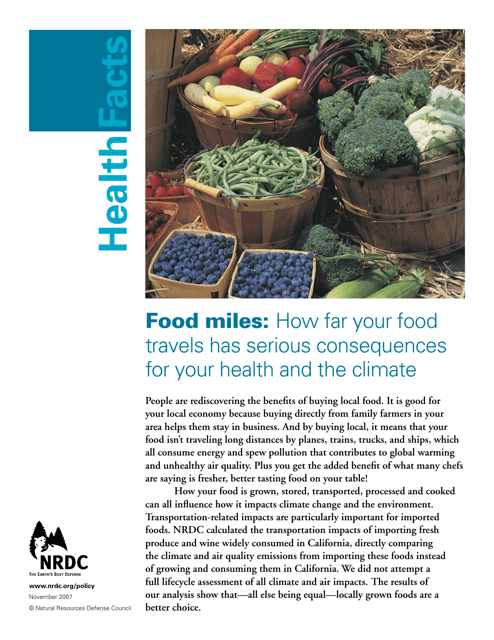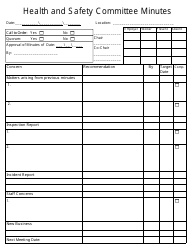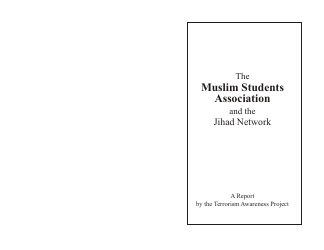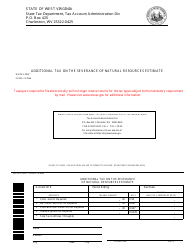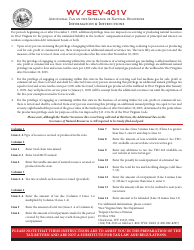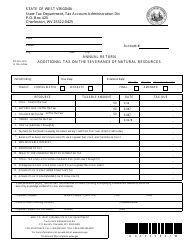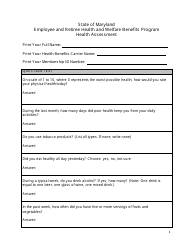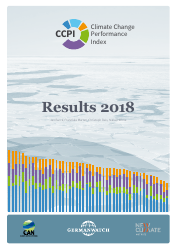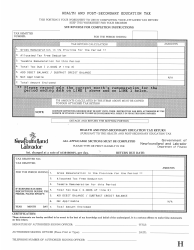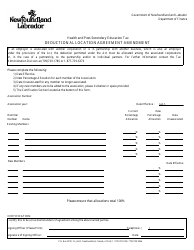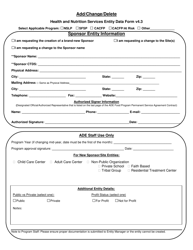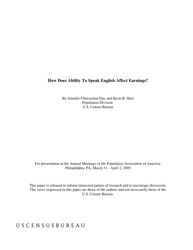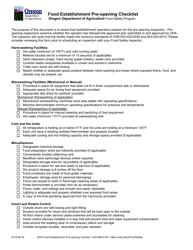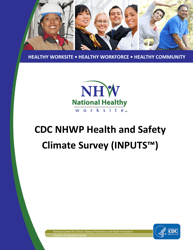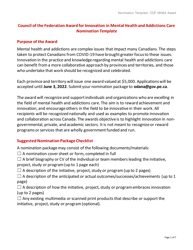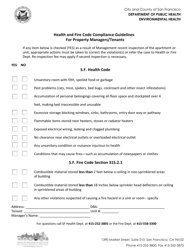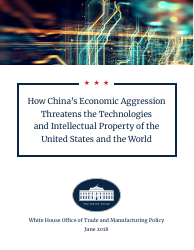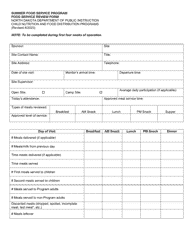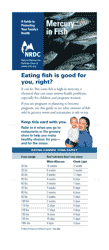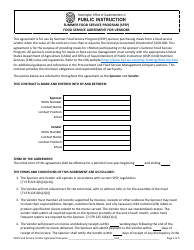Food Miles: How Far Your Food Travels Has Serious Consequences for Your Health and the Climate - Natural Resources Defense Council
The document "Food Miles: How Far Your Food Travels Has Serious Consequences for Your Health and the Climate" is published by the Natural Resources Defense Council (NRDC). NRDC is an environmental advocacy organization that focuses on protecting the natural resources and addressing environmental issues. This specific document likely discusses the impacts of long-distance transportation of food on both human health and the climate.
The Natural Resources Defense Council (NRDC) is an environmental organization. They research and advocate for sustainable practices, including the impact of food miles on health and climate. They do not file the food miles themselves, but they provide information and raise awareness about the consequences of long-distance food transportation.
FAQ
Q: What is Food Miles?
A: Food Miles refers to the distance that food travels from its origin to the consumer.
Q: Why do Food Miles matter?
A: Food Miles matter because the transportation of food over long distances contributes to climate change and affects the quality and nutritional value of food.
Q: What are the consequences of long Food Miles?
A: Long Food Miles lead to increased greenhouse gas emissions, loss of nutrient content in food, and reliance on fossil fuels.
Q: How do long Food Miles affect the climate?
A: Long Food Miles contribute to climate change by increasing carbon emissions from transportation.
Q: How do Food Miles impact food quality?
A: The longer the distance food travels, the more likely it is to lose its nutritional value and quality.
Q: What can be done to reduce Food Miles?
A: Consuming locally grown and seasonal foods, supporting farmers markets, and minimizing food waste can help reduce Food Miles.
Q: Are there health benefits to reducing Food Miles?
A: Yes, reducing Food Miles can lead to fresher and more nutritious food, which positively impacts overall health.
Q: Why is reducing reliance on fossil fuels important for Food Miles?
A: Reducing reliance on fossil fuels in food transportation helps reduce carbon emissions and combat climate change.
Q: How can consumers make a difference in reducing Food Miles?
A: Consumers can make a difference by choosing locally produced foods, supporting sustainable agriculture, and being mindful of their food choices.
Q: What is the role of the Natural Resources Defense Council in relation to Food Miles?
A: The Natural Resources Defense Council is an organization that advocates for sustainable and environmentally friendly practices, including reducing Food Miles.
